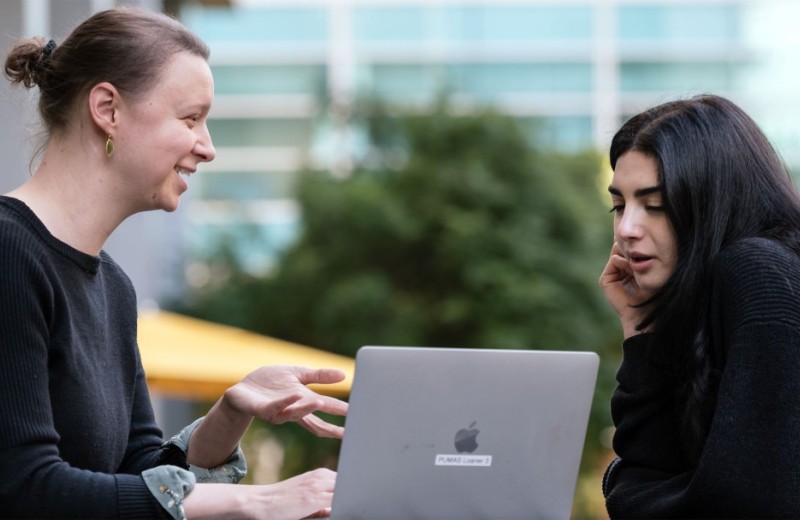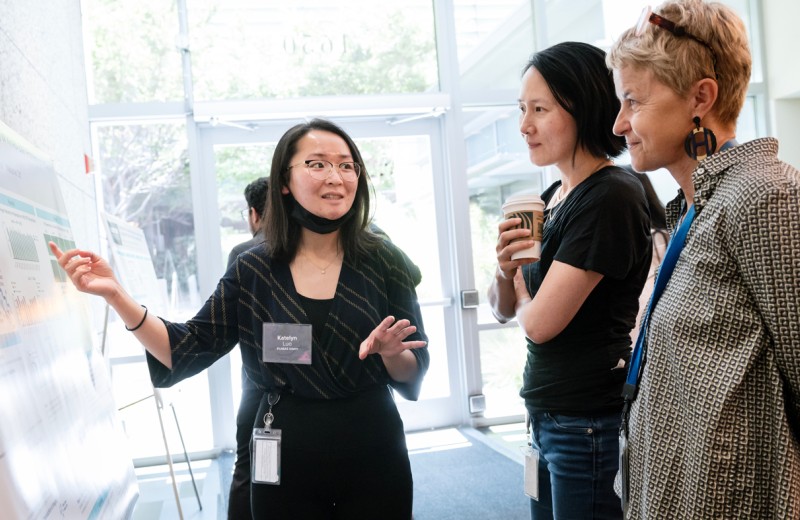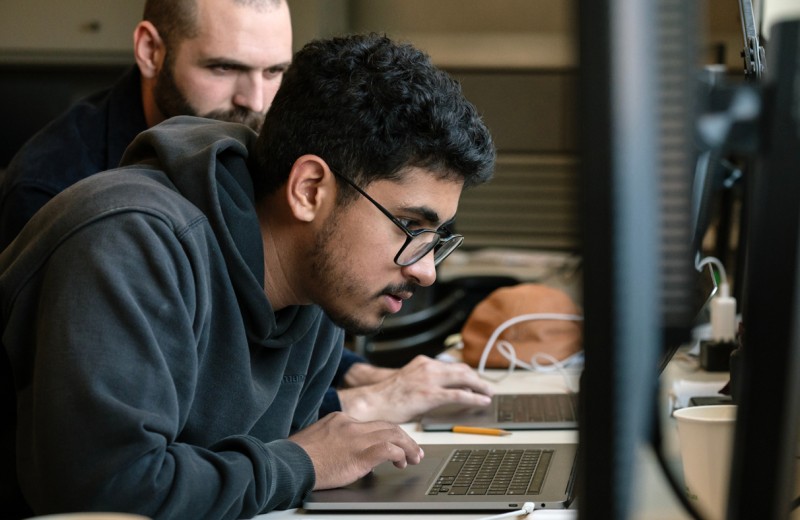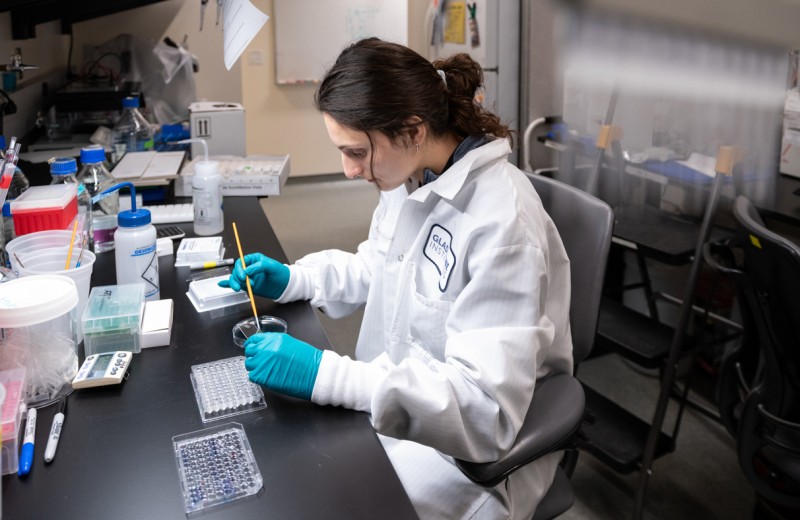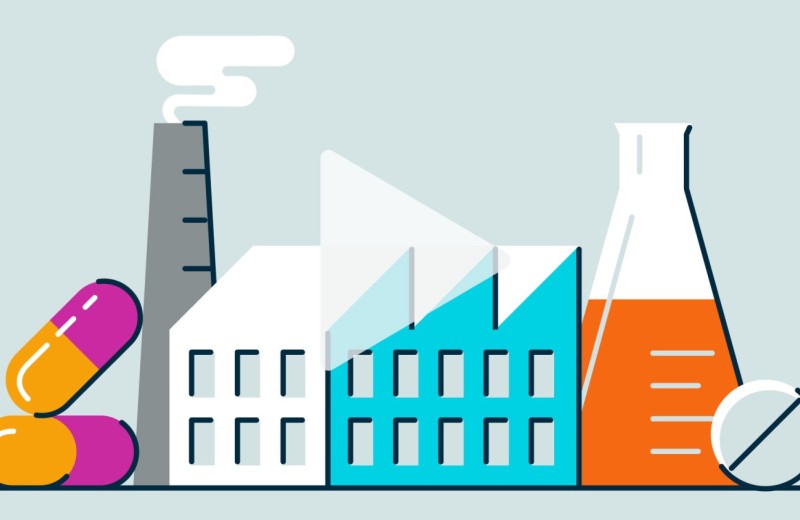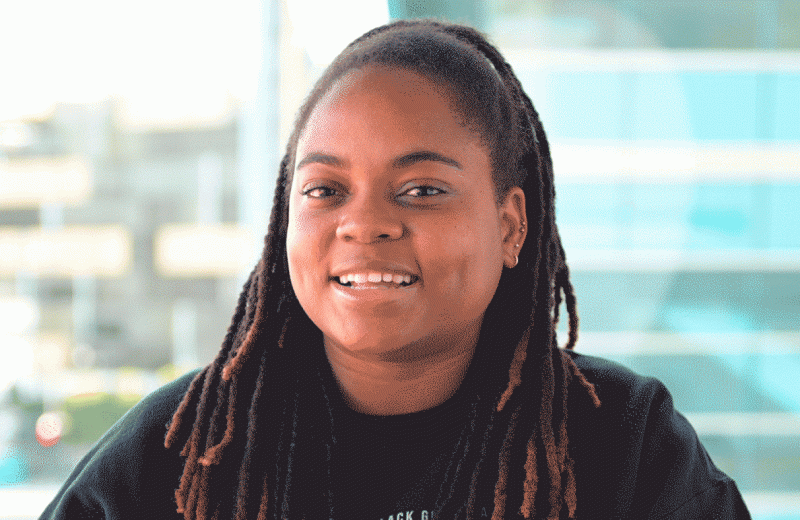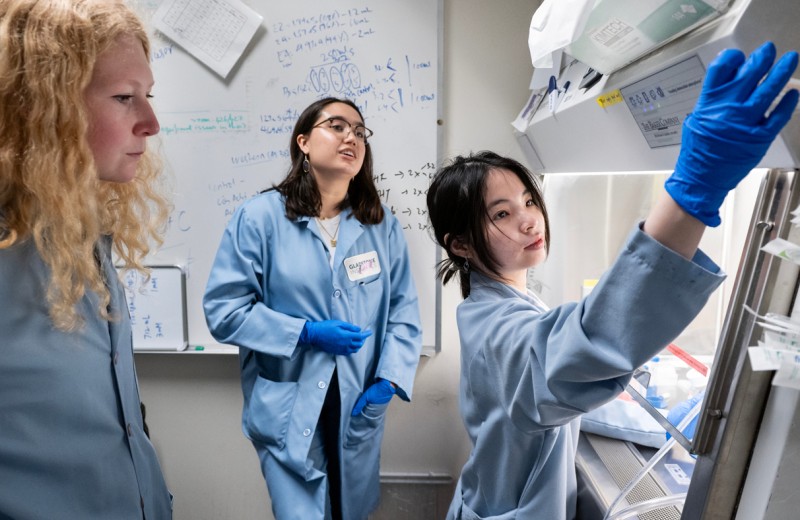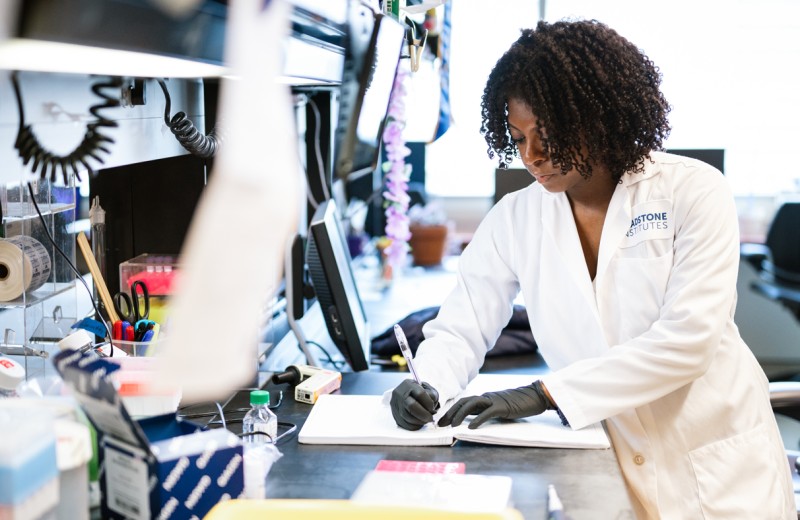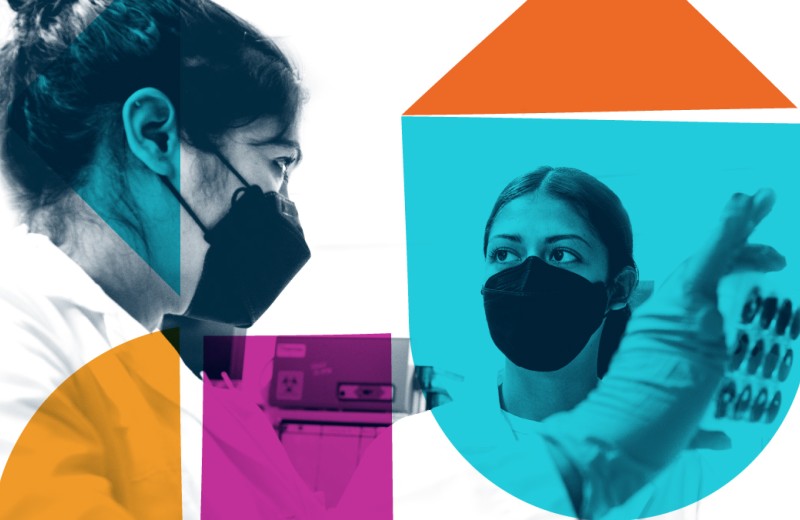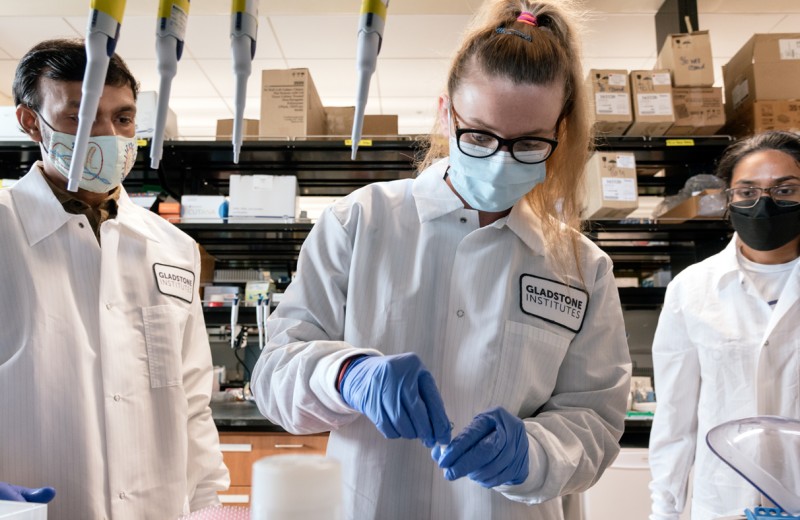Responsible Conduct of Research
Elisabeth Bik, PhD
This course will use case studies to discuss various types of science misconduct including:
- Plagiarism in scientific papers
- Fake peer reviews
- Predatory journals
- Predatory conferences
- Image manipulation
- How to alert journals and institutions of corrections and retractions
Elisabeth Bik, PhD
After receiving her PhD at Utrecht University in The Netherlands, Elisabeth Bik joined the laboratory of David Relman in the School of Medicine at Stanford in 2001. During that time, she worked on the characterization of the human microbiome in oral, gastric, and intestinal samples, and the microbiome of marine mammals. In May 2014, she founded Microbiome Digest, an almost daily compilation of scientific papers in the rapidly growing microbiome field. In November 2016, she joined uBiome as a science editor. She can often be found discussing science papers on Twitter at @MicrobiomDigest. In 2018, she joined Astarte Medical as the director of science. In her spare time, she searches the biomedical literature for inappropriately duplicated or manipulated photographic images and plagiarized text.
Details
Dates
January 15, 2019Time
1:30-3:00pm PSTLocation
Mahley AuditoriumResponsible Conduct of Research provides Gladstone’s scientific community opportunities to openly discuss ethical issues in scientific research and complete the requirements of the NIH policy. Courses are held every 2 months and cover a variety of topics on scientific ethics.
Diversity, Equity, and Inclusion
At Gladstone, we are committed to providing events and professional development activities that resonate with our community’s diverse members. Our goal is to develop creative programming that encompasses a wide variety of ideas and perspectives to inspire, educate, and engage with everyone within our walls.
We want to effect positive change through our events and activities by providing a platform for discussions on important topics related to increasing diversity and inclusiveness in the sciences.


